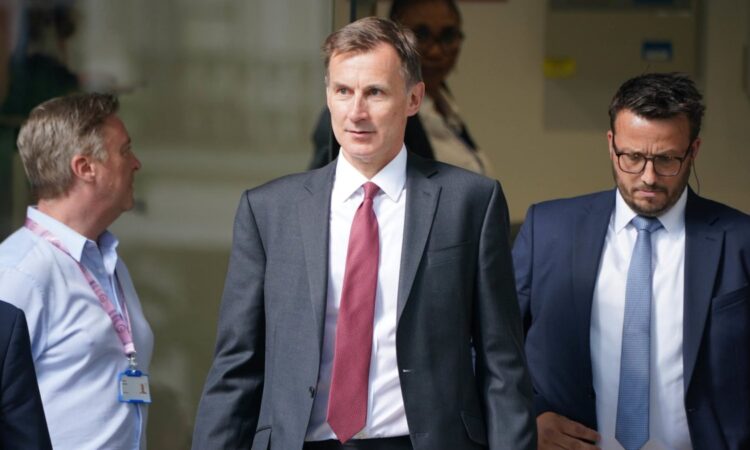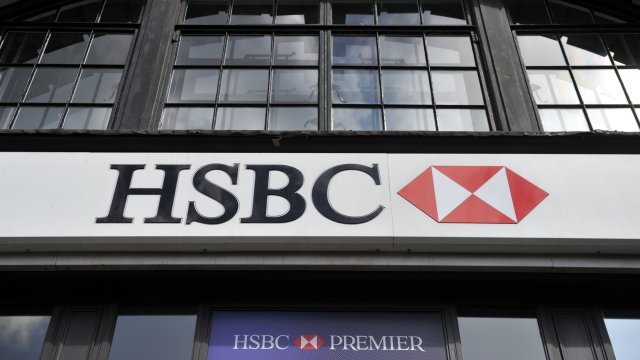
Britain’s economy is in trouble. Ironically, it is the victim of its own (relative) success.
Think back to the start of the year. Rishi Sunak had pledged to halve inflation, a promise mocked as hilariously unambitious, given that it was widely expected to fall rapidly without the Government having to do anything.
Meanwhile, the UK was forecast to tumble into recession, with a worse-performing economy than any other major country.
Now, inflation is stuck at 8.7 per cent. But this is partly because consumer confidence has been much higher than was expected: GDP has not shrunk, unlike in the eurozone, which is one reason why prices keep rising.
That is why the Bank of England will on Thursday raise interest rates – again – pouring yet more pain on mortgage borrowers, who are now receiving the economic battering renters have suffered for years.
It is no surprise that growing numbers of Tory MPs want Jeremy Hunt to offer some form of targeted support. But that would defeat the point of the exercise. The reason for raising rates is to reduce people’s spending power, lowering demand and discouraging price rises.
Government policy is based on the premise that this will happen – although, as one insider recently told me, “no one wants to say the quiet part out loud”.
More than a decade of interest rates at zero has destroyed folk memory of how monetary policy operates.
It is brutal – not just for the Tories, whose long political dominance owes much to the availability of cheap credit. It could now induce the recession which Britain has so far dodged. But it looks like the only way to bring inflation back under control.







